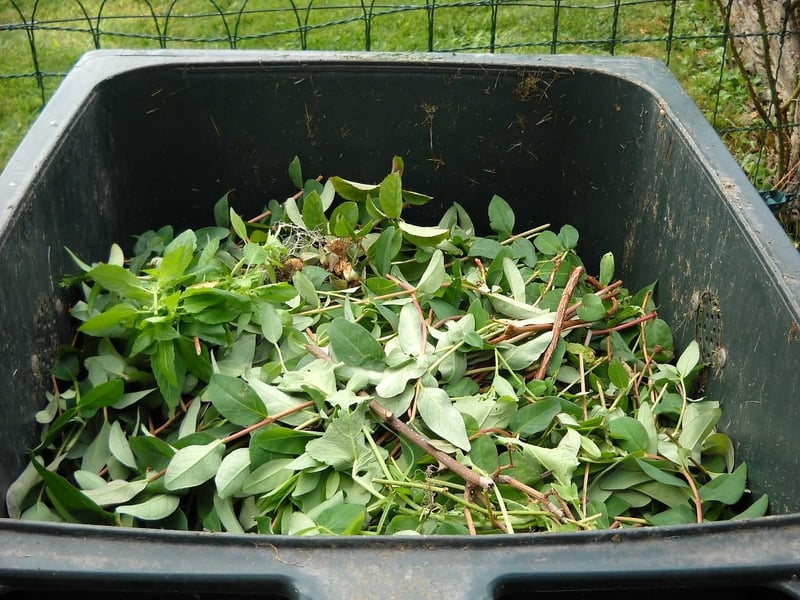Composting Methods
The Ultimate Guide to Sustainable Gardening and Composting Methods
Introduction to Sustainable Gardening
Sustainable gardening is a way of tending to your garden that is environmentally friendly, conserves resources, and promotes biodiversity. By adopting sustainable gardening practices, you can create a beautiful and thriving garden while minimizing your impact on the environment.
Benefits of Sustainable Gardening
- Reduces water usage
- Minimizes the use of chemical fertilizers and pesticides
- Promotes healthy soil and plant growth
- Supports local ecosystems and wildlife
- Reduces waste sent to landfills
Sustainable Gardening Practices
Some key sustainable gardening practices include:
- Water conservation through drip irrigation and rainwater harvesting
- Companion planting to naturally repel pests
- Using organic fertilizers like compost and mulch
- Planting native species to support local wildlife
- Implementing integrated pest management techniques
Introduction to Composting
Composting is the process of recycling organic matter like kitchen scraps and yard waste into nutrient-rich soil conditioner. It's an essential practice for sustainable gardening and helps reduce waste sent to landfills.
Benefits of Composting
- Enriches soil with essential nutrients
- Improves soil structure and water retention
- Reduces the need for chemical fertilizers
- Decreases methane emissions from landfills
Composting Methods
There are several composting methods to choose from, including:
- Traditional composting bins
- Vermicomposting with worms
- Trench composting directly in the garden
- Bokashi composting for faster decomposition
Conclusion
By incorporating sustainable gardening practices and composting methods into your gardening routine, you can create a thriving garden that benefits both your plants and the environment. Start small, experiment with different methods, and enjoy the rewards of a more sustainable approach to gardening!


